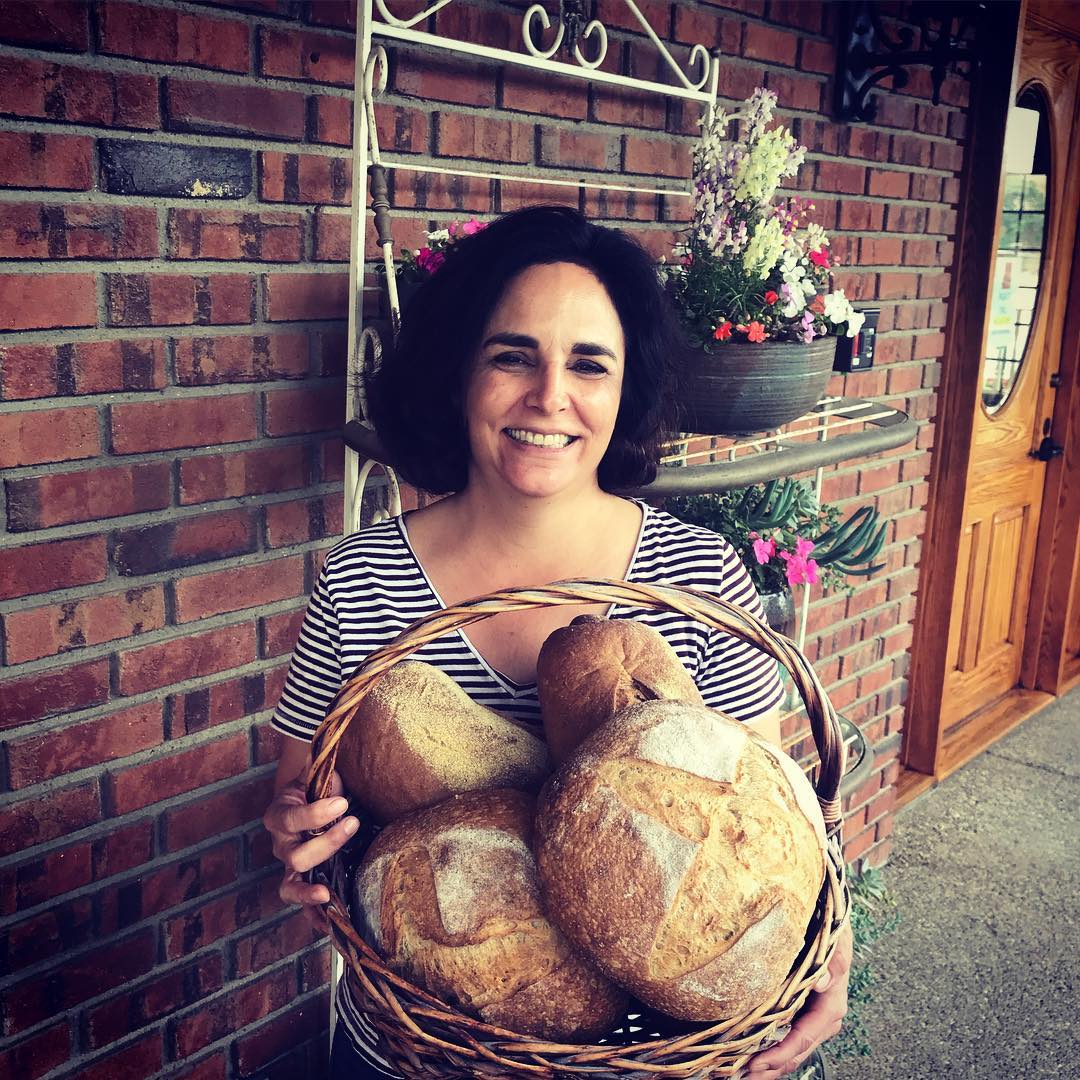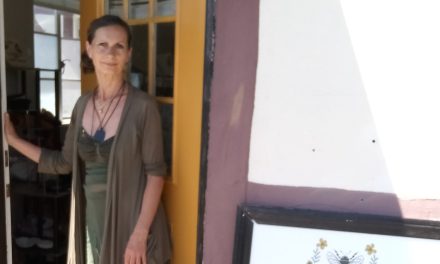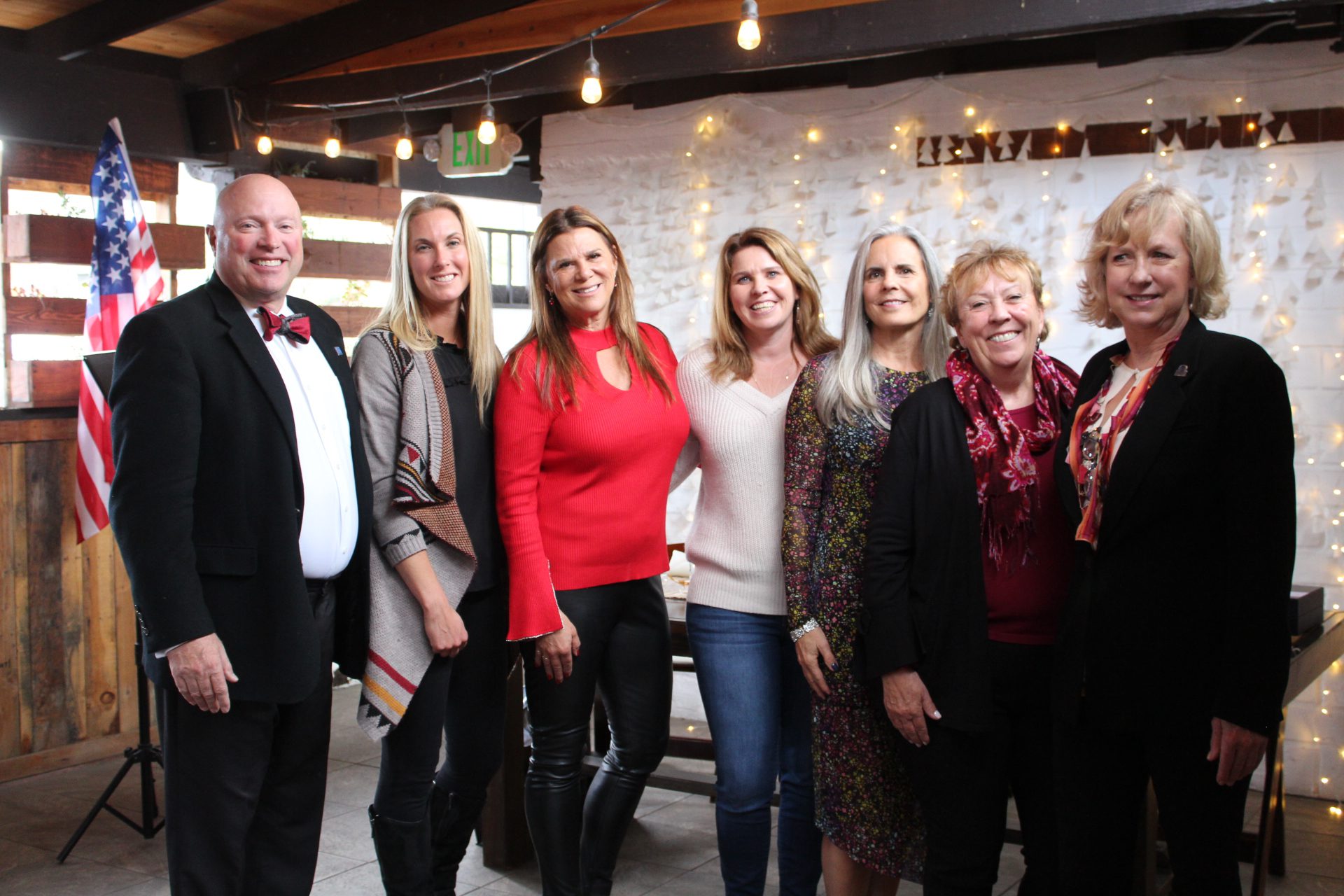By Raiza Giorgi
news@santabarbarafamilylife.com
Women with doctoral degrees in engineering and women who want to run their own cupcake businesses all have the same issues when they come to Marsha Bailey, the founder of Women’s Economic Ventures in Santa Barbara.
They want to learn how to succeed.
“When we first opened WEV, I was surprised that it wasn’t merely just start-up money or learning how to write a business plan that these women were interested in. It was how to grow, and training in being confident when asking for a loan or investor,” Bailey said.
Amy Dixon, owner of The Baker’s Table in Santa Ynez, went through the program in 2010 because she wanted to open a bakery-cafe and needed help with a business plan.
“The program helped my business through its guidance of writing a business plan. I was able to get a loan with my completed business plan which, in turn, enabled me to start my business,” Dixon said.
The Baker’s Table is now one of the Santa Ynez Valley’s busiest places, offering breakfast and lunch as well as handcrafted bakery items.
Bailey has been empowering women for as long as she has been working, starting at the Rape Crisis Center and Domestic Violence Solutions. Women would come to their programs because they didn’t have the financial wherewithal to support themselves. Their partners were abusive and controlling of money so they couldn’t leave and be independent, Bailey said.
“In my own personal life, I was a 28-year-old divorcee and as a middle-class, educated women it was incredibly hard for me to succeed, so I kept thinking, ‘How are underprivileged women going to make it?’” she said.
Bailey says she’s a life-long feminist who believes wage inequality should be a thing of the past.
“I want to empower women beyond their comfort levels and be business owners with the right tools for leadership,” she said.
Bailey took a job in public relations for a time and realized her passion was in the Women’s Community Building project, which was located in the same building as the Rape Crisis Center.
With one $15,000 grant, WEV launched in 1991 and began giving micro loans. But Bailey realized that most people could get $1,500 from a credit card, and she knew a funding source was needed for people of many backgrounds, not just underprivileged ones.
“One day my phone rang and a woman who had been in business for seven years, had five employees and was thriving needed a sizable loan for a remodel but the bank denied her. She had even put up her house as collateral and was still denied,” Bailey said.
Bailey literally took that situation to the bank, and to City Hall, and soon was able to start giving $25,000 in start-up loans and $50,000 loans to existing businesses. In its 2016-17 year-end report, WEV stated it had given 36 loans totaling $465,018. It also had 324 graduates from its business planning and development courses and 100 long-term business-growth consulting clients.
“As our programs were beginning we quickly realized that we had to offer support to these business owners after they started in order to help them succeed,” Bailey said.
The “Thrive” program helps with in-depth assessment of the business, including financials, marketing plans and day-to-day operations. Business advisors help make annual plans and develop skills to increase income and profits.
Bailey said that women entrepreneurs are less likely to ask for a loan than male entrepreneurs, and when they do, they tend to ask for smaller amounts.
WEV also recently created the League of Extraordinary Women, which brings together an influential group of high-achieving women to inspire the next generation of women in business.
“Once your business is growing and succeeding, there’s this transition from being hands-on all the time to needing to step back and hire people to help you, which can allow you to go out and seek new opportunities to grow. That is a very scary feeling for a small business owner who has poured their life into the business,” Bailey said.
Bailey said that successful business owners also know the taste of failure, but they also know they can rise above that and not let the failure scare them from trying again.
“I tell people, ‘Failure is information.’ Don’t pay attention to what didn’t work, pay attention to what will do better next time,” she added.
In the beginning the goal of WEV was to create a safe learning environment for women, and in the past several years they have also added men into the mix.
“We ask our classes first if they’re okay with a man joining them, and while most are okay, some have said no and we wait until another class is okay. We figured if a man is coming to a place called ‘Women’s Economic Ventures,’ they don’t have issues with ego and masculinity,” Bailey said with a laugh.
In the past five years WEV has provided more than $2 million in loans and helped start or expand more than 1,400 small businesses. It has helped clients create 1,584 local jobs and an estimated $10.1 million in tax revenue for the local and state economies.
In the next five years WEV is looking to grow as well, by focusing on a variety of funding avenues and expanding programs such as preparing companies for going public or how to create presentations for venture capitalists.
“Only 2 percent of women-owned businesses hit the million-dollar mark in sales, and I want to help change that by creating strategic partnerships and getting into science and technology fields,” Bailey said.
WEV has a success rate as 93 percent of their clients still in business, and 53 percent of those have high annual household incomes. Some 82 percent of their clients have moved out of poverty levels, according to its annual report.
“I remember doing my first budget on graph paper and pencils. We have come so far from that, and are looking forward to what’s next,” Bailey said.
For more information on WEV, log onto www.wevonline.org or call 805-965-6073.






